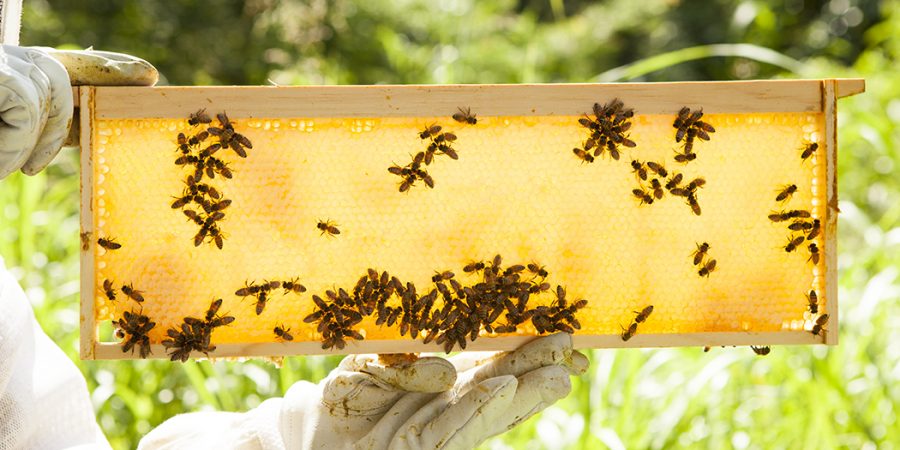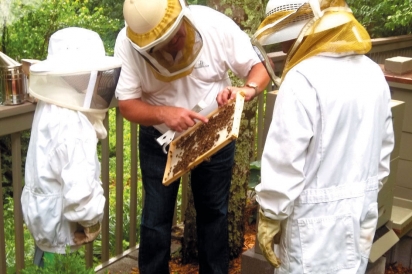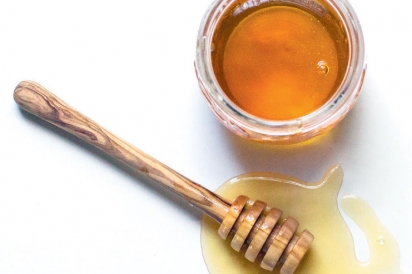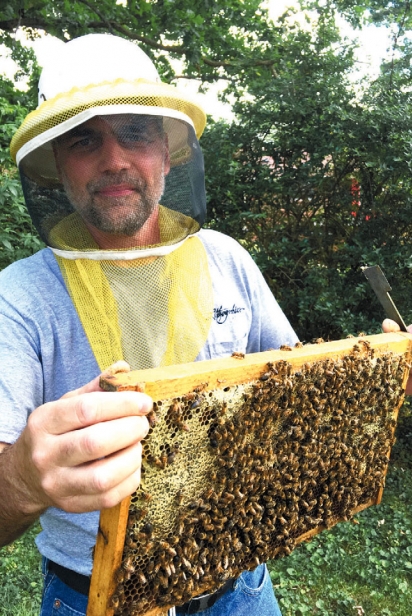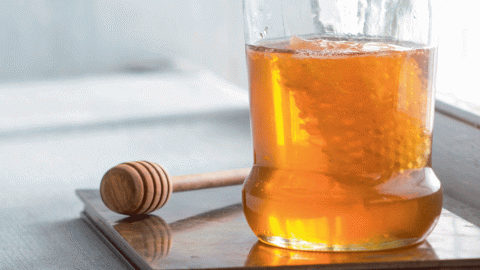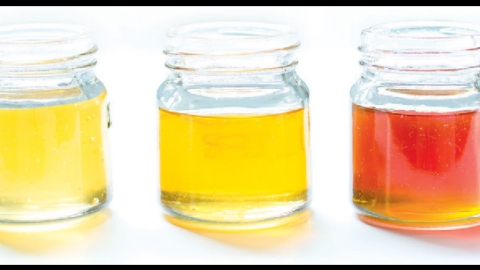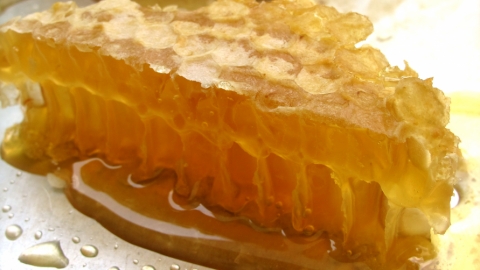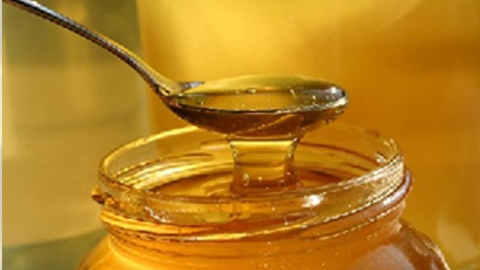Backyard Bee Keeping. Is It for You?
Backyard beekeeping is on the rise. Is it for you?
As we understand the importance of eating local and organic foods as well as preserving our environment, the interest in supporting honeybees is also increasing. You might say bees are the new chickens. From the rooftop of the new Music City Center to your next-door-neighbor, backyard beekeeping is all the buzz. Small, micro-managed, and well-loved beehives increase the overall honeybee population. This directly benefits us as bees are necessary for our food supply, pollinating one-third of our fruits and vegetables.
I never thought I would find myself on a Wednesday afternoon suited up in protective bee gear, holding a frame of humming honeybees. Like most people, I assumed bees were dangerous and I wasn’t keen on getting that close to them. But I, like the many beekeepers of Middle Tennessee, succumbed to my curiosity and admiration of the little necessary insects. Bees are more than just honey makers—they are as much a part of the agricultural process as planting a cucumbers and tomatoes. But why are so many folks keeping bees? Social responsibility? To eat? For beauty? We buzzed into the beekeeping community to find out what the attraction is, and why.
GENE ARMSTRONG: THE EDUCATOR
Gene Armstrong is president of the Nashville Area Beekeepers Association (NABA), a local beekeeper, an avid woodworker, and all-around knowledgeable guy. Before he started keeping bees three years ago, he was a chemical engineer and also studied astronomy, astrophysics, and archeology after his retirement. Now he studies his backyard bees. “Backyard beekeepers actually are making a difference in terms of the growth of bee colonies,” remarks Armstrong. “Bees have had a rough go of it for the last twenty-five years or so and every colony helps.” Although many factors are a concern to honeybee health, according to the Environmental Protection Agency, CCD (colony collapse disorder) is in decline.
Armstrong has a passion for his subject. He builds all his own hives, harvests the wax to make candles for his grandkids, and is fervent about educating others. As he led me to his hive in his backyard, he was bubbling with facts. Other than a few worker bees dancing around the entrance, the hive looked sleepy. “The girls’ aren’t too busy today,” he noted, as the temperature was lower and the sun was behind the clouds.
Before opening up the hive, Armstrong used a shiny metal can with a spout (called a bee hive smoker) to smoke the entrance to the hive. “The smoke calms the bees,” he explained. Scientists think that when the bees are exposed to the smoke they assume there is a forest fire and decide to eat as much honey as possible, becoming lethargic, happy, and calm—which allows beekeepers to work in the hives without angering the bees.
As soon as Armstrong opened the hive, I heard a soft, collective hum and caught a strong, delicious whiff of flowers and honey immediately. He removed a couple of frames to show the bees in action. Although there were thousands, they seemed like a collective unit while crawling busily over the eggs and honeycomb, intuitively assisting one another in the cycle of making more bees and more honey. They were definitely more concerned with each other than they were with me. So when he asked if I wanted to hold the frame, I couldn’t say no. It was heavy with stored honey which Armstrong will harvest in July.
THE ALLENS: STUDENTS OF BEE’S
Ralph Allen’s brother had some bees. “I went out and looked at them, and I thought it was kind of odd,” says Allen. But then he got a bee kit for Christmas, and well, “fair warning, it’s addictive,” he says. That was 2010, six years ago. Today, Allen and his wife Gail have 12 hives divided between three locations; four in his Nashville backyard, six in Brentwood, and two in Crieve Hall.
While lots of people wax on about the taste of honey varieties, Allen is unapologetically a non-foodie, nor does he have a green thumb. In fact, he doesn’t pay much attention to the plants or flowers that the bees feed on. For Allen, it’s all about the bees—honey is just a fun byproduct. Ask him about the queen’s mating habits and how bees “orient” and swarm and their housekeeping habits, and you’ll get an earful. Their son, Phillip, now has a beehive, so they’re keeping it in the family. As for the honey they extract and jar every summer, they sell it at the Nolensville Farmer’s Market and to friends.
THE LOTZES’: A FAMILY AFFAIR
The Lotze family have kept bees about four years. When living in Florida, Andrew Lotze found pulling honey out of a hive the neatest experience and it didn’t seem too hard either. “Once I moved to Nashville I started going to the monthly bee meetings with the Nashville Beekeepers Association. We bought one hive and were given another in the spring of 2012.” Over the years, The Lotze family has had as many as three hives and as few as one, as hives have died out or swarmed. The family loves harvesting honey and having it available for their own use and gifts. “It’s a toss-up for whether we’re more excited about honey from our bees or maple syrup from the trees we tap each winter. Pulling sugar out of plants and concentrating it is just a neat thing to experience. I will say the maple trees are easier to handle...”
They’re not really concerned about bees and kids. Honeybees aren’t naturally aggressive unless they feel unsafe or threatened, and hives that turn aggressive towards beekeepers can be destroyed. As gardening and beekeeping is a Lotze family affair, ever since their young daughter could walk, she would be out in the garden near the bees. “She knows to give them a wide berth and never get in front of the hive.” The Lotze family demonstrated to their daughter “loooooking at the bees” from a safe distance, so she knows to peer at the hives from several steps away. With good rules established to keep even the littlest of beekeepers safe, the Lotzes can fully enjoy the fruits of their—and their hardworking honeybees’—labor.
82% of beekeepers in Nashville have been doing it less than 5 years.
Honeybees pollinate one third of our fruits & vegetables.


